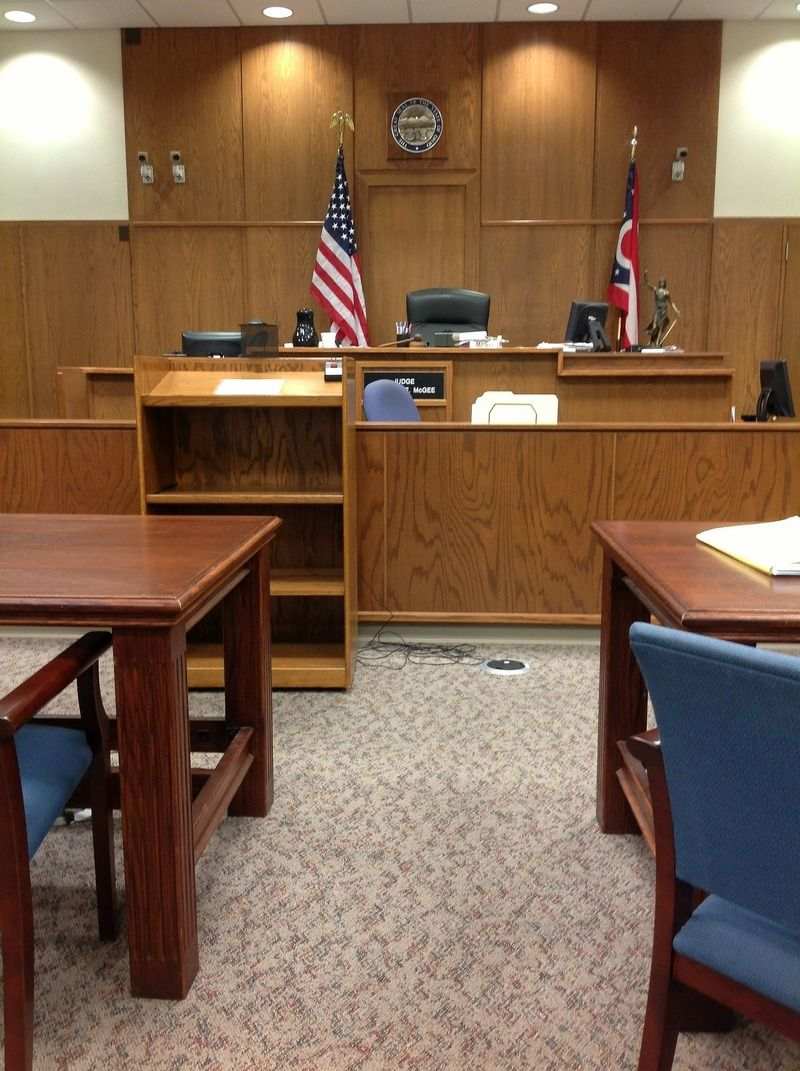 If you have been arrested and charged with a crime, you have numerous important decisions to make between now and the completion of your case. One of the most important of those decisions is whether to take your case to trial. If you do decide to launch a defense and let a judge or jury decide your fate, you (along with your attorney) will have another huge decision to make – whether to take the stand and testify at that trial. You absolutely cannot make this decision without first consulting with your attorney regarding the unique facts and circumstances of your case. In the meantime, however, an Omaha criminal defense attorney at Petersen Law Office discusses some of the considerations involved in making such an important decision.
If you have been arrested and charged with a crime, you have numerous important decisions to make between now and the completion of your case. One of the most important of those decisions is whether to take your case to trial. If you do decide to launch a defense and let a judge or jury decide your fate, you (along with your attorney) will have another huge decision to make – whether to take the stand and testify at that trial. You absolutely cannot make this decision without first consulting with your attorney regarding the unique facts and circumstances of your case. In the meantime, however, an Omaha criminal defense attorney at Petersen Law Office discusses some of the considerations involved in making such an important decision.
Criminal Trial Basics
First, it helps to understand a few basics about the criminal justice system in the United States. In any criminal prosecution, the State has the burden of proving that the defendant is guilty of the charges against him/her beyond a reasonable doubt. This is the highest burden of proof in the American justice system. Although there is no universally accepted definition of the term “beyond a reasonable doubt,” it is typically described as 99 percent sure that the defendant is guilty. This is a heavy burden for the prosecutor; however, the goal is to prevent innocent people from being convicted of a crime they did not commit.
Because the prosecution has the burden of proof in a criminal trial, the defense is not required to present any evidence or testimony. The State always presents its case first in a criminal trial. When the State rests, the defense has the option to present a defense — or not. This is a strategic decision. If the State’s case is very weak and based on nothing but circumstantial evidence, the defense may decide to do nothing and allow the judge or jury to render a verdict based solely on the State’s failure to meet its burden. If, however, the defense does decide to present evidence, the defendant must decide whether to take the stand and testify.
Things to Consider When Contemplating Taking the Stand
One of the most important strategic decisions for the defense in a criminal trial is whether to put the defendant on the stand because there are significant pros and cons to each option.
Although the judge will instruct the jurors that they cannot deduce guilt from the defendant’s silence, the reality is that some jurors will wonder why the defendant did not take the stand. Add to that the fact that sometimes there are things that can only be explained by the defendant. An experienced criminal defense attorney can find creative ways to get many facts into evidence without the defendant’s testimony, but sometimes only the defendant can explain things such as why he/she said something during an interview or why he/she was in a specific place at a specific time.
Frequently, however, the biggest putting the defendant on the stand exposes the defendant to cross-examination by the prosecuting attorney. Some witnesses cannot withstand cross-examination, even if they are completely innocent, because it can be grueling and relentless. Allowing the defendant to testify may also open the door to things the defense doesn’t want the jury to know, such as prior convictions the defendant may have. Likewise, if the defendant made inconsistent statements in a prior interview, or makes an inconsistent statement on the stand, the defendant can appear evasive, unreliable, or deceptive – all things you don’t want the jury to think about the defendant.
The bottom line is that the decision to take the stand is one you absolutely cannot make lightly. It is imperative that you discuss the options at length with your defense attorney so that you make the right decision together.
Contact an Omaha Criminal Defense Attorney at Petersen Law Office
If you have been charged with a criminal offense in Nebraska, consult with an experienced Omaha criminal defense attorney at Petersen Law Office as soon as possible to discuss your legal options. In Nebraska contact Petersen Criminal Defense Law 24 hours a day at 402-509-8070 to discuss your case.


